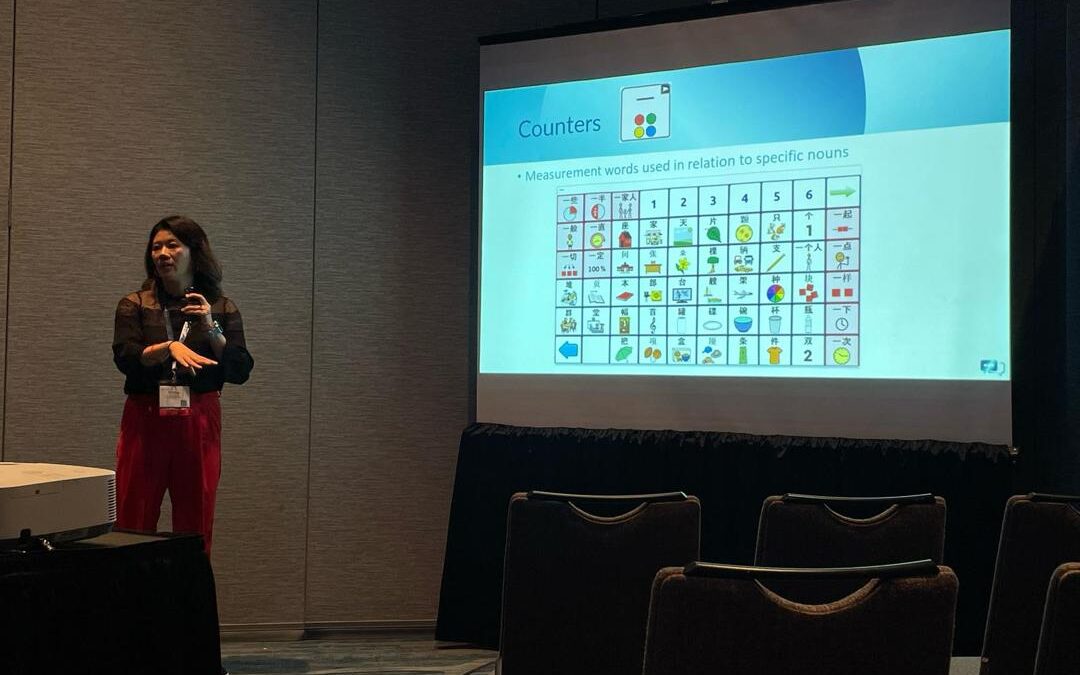
by Janice | | Uncategorized
Our speech therapist, Shirley Feng, recently co-presented with Nancy Inman (owner of WordPower) and Lisa Timm, at the recent Assistive Technology Industry Association Conference in Orlando, Florida on WordPower60 Mandarin for TouchChat. The session introduced...

by Janice | | Uncategorized
Iron deficiency is a common nutritional concern that affects people of all ages, but it can be particularly prevalent among kids with feeding challenges. Iron plays a crucial role in the body. It aids in the production of hemoglobin, which is responsible for...

by Janice | | Uncategorized
Sensory food issues are common causes for eating problems among neurodivergent children. Sensory processing differences can lead to extreme reactions to food based on taste, texture, temperature, smell, or appearance. Too much or too little sensory input...

by Janice | | Uncategorized
Responsive Feeding Explained Responsive Feeding is an approach to feeding that focuses on recognizing, and responding to, the child’s hunger and fullness cues. Feeding that prioritizes the relationship between caregiver and child is central to responsive parenting. ...

by Janice | | Uncategorized
What is Feeding Therapy? Feeding therapy involves working with trained professionals to address eating challenges that may lead to impaired growth and development. The goal is to find strategies that help make feeding and eating less stressful for the child and the...






